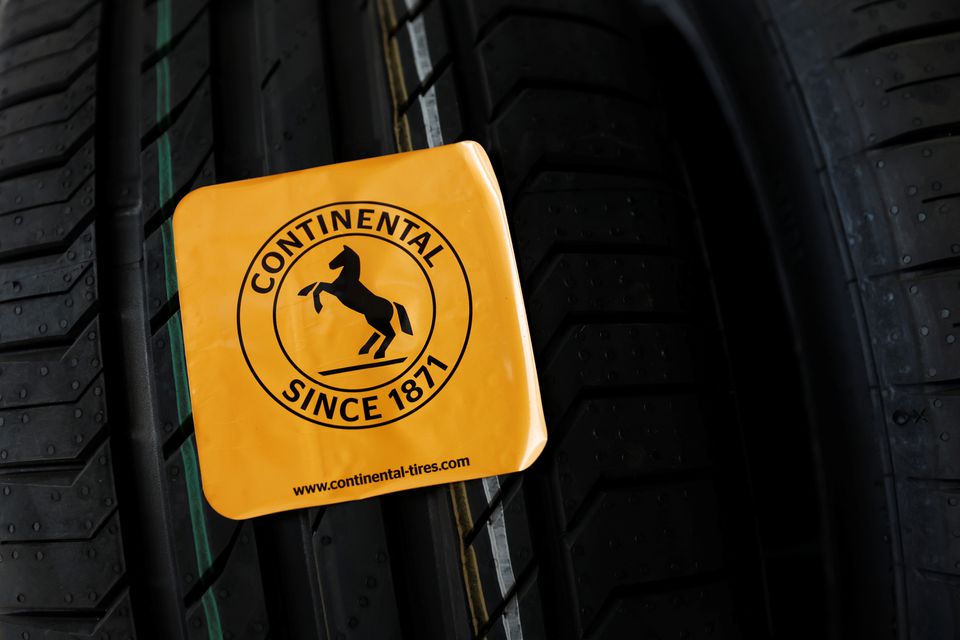BERLIN, March 8 (Reuters) – Germany auto parts maker Continental (CONG.DE) predicted rising sales would boost margins this year, as it moves beyond supply chain disruption and Russian asset impairments that in 2022 contributed to a fall in net income of nearly half.
Announcing results on Wednesday, CEO Nikolai Setzer also said the company was selling its operations in Russia including its factory in Kaluga.
“The war is the reason for our controlled withdrawal from Russia. This means the sale of our activities, including our factory in Kaluga. We are in advanced stages of the sales process,” Setzer said.
Last year’s performance was undermined by asset impairments of 87 million euros ($91.70 million) from its Russia operations, as well as negative special effects of around 1 billion euros due largely to high interest rates.
Continental’s share price rose 6.1% in early trade.
“2022 was particularly challenging for us… The war against Ukraine drove up the prices for raw materials, semi-finished products, energy and logistics,” Setzer said.
Continental suspended production at its Kaluga plant in Russia after Moscow began its invasion of Ukraine in February last year. It also stopped imports and exports from the country, but said in April it had temporarily resumed operations to protect local workers from criminal charges, without elaborating.
The company forecast a 5.5-6.5% margin for this year on higher consolidated sales of 42-45 billion euros, up from 39.4 billion last year. In January, it had reported preliminary results, saying its 2022 margin was at the lower end of its outlook at 5%.
It incurred 3.3 billion euros in extra costs in 2022 and expected an extra 1.7 billion this year from the increased cost of materials, energy, logistics, wages and salaries.
Net income fell to 67 million euros from 1.4 billion last year.
The auto market globally saw some recovery last year from the impact of the pandemic and economic weakness. Global car production rose 7% and Continental’s order intake from the automotive sector gained 26%.
On Wednesday the company predicted a rise in global auto production of 2%-4% in 2023, in line with a forecast in January by Germany’s autos association. Car production is still lower than before the pandemic.
($1 = 0.9488 euros)











